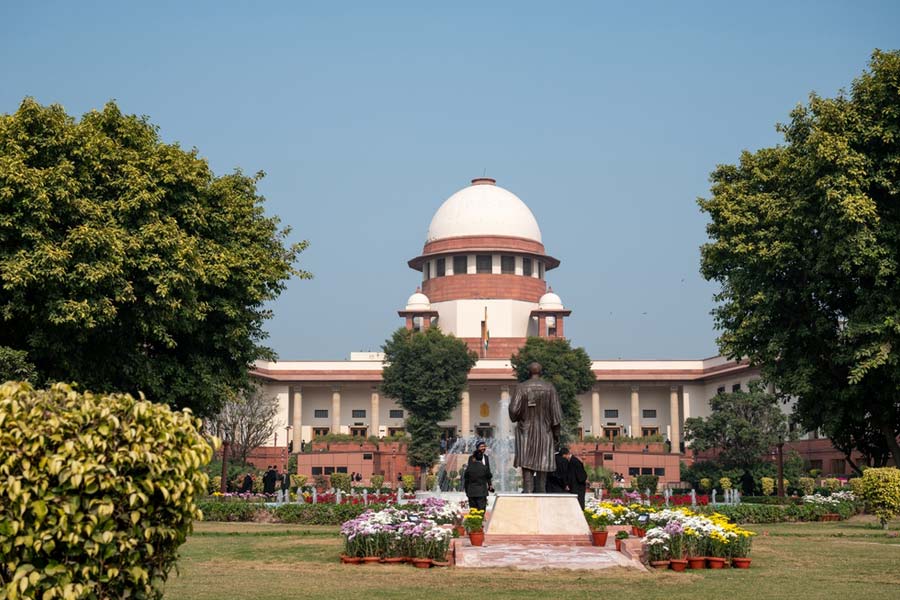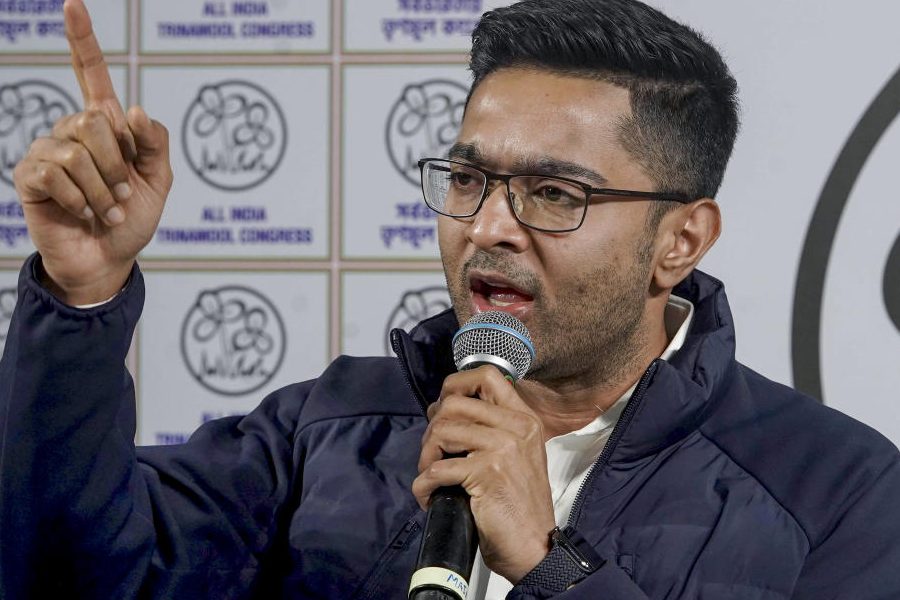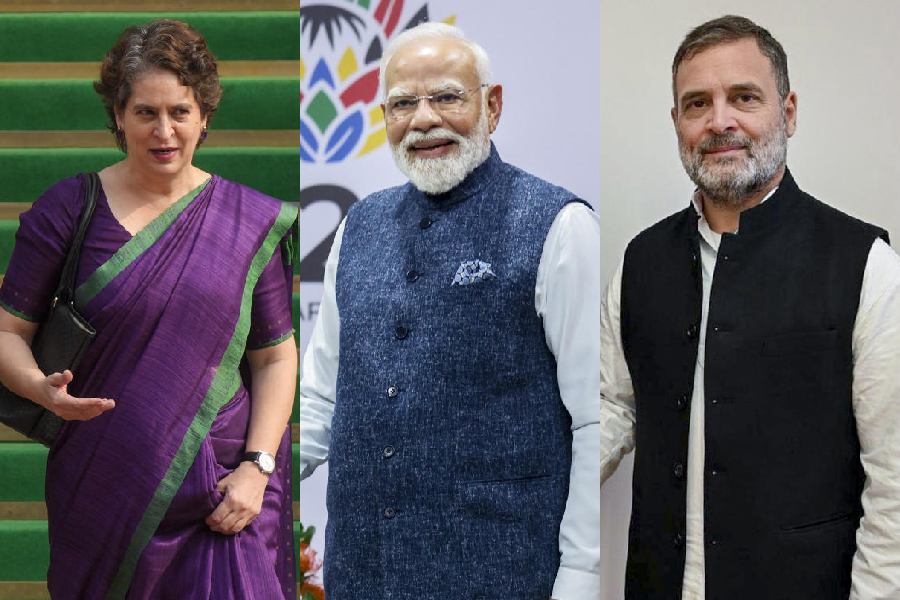The Supreme Court on Thursday directed the Election Commission to publish within three days the district-wise details of the 65 lakh names deleted from Bihar’s draft electoral rolls under the special intensive revision (SIR), along with the reason for the deletions.
The data should be in “searchable format” so that the lists can be scanned easily with the help of electors photo identity card (EPIC) numbers, the court said, accepting another key demand from petitioners who have challenged the SIR’s transparency and constitutionality.
While soft copies of the lists of deletions and their reasons must be put up on the website of every district election officer as well as Bihar’s chief electoral officer, physical copies of booth-level lists of deletions must be displayed on notice boards at panchayat and block development offices, the court said.
Wide publicity must be given in widely circulated vernacular and English-language newspapers, radio and television about the places where these lists will be available, it added. This information may be publicised also on the district election officers’ social media handles, if they have any.
Such transparency will go a long way in countering what the commission argues is a false narrative of political bias being spread against it, the apex court said.
“When you say there is a false narrative, if you bring in the details in public domain, the wrong narrative will go,” the bench of Justice Surya Kant and Justice Joymalya Bagchi told senior advocate Rakesh Dwivedi, who was appearing for the commission.
The bench added: “Transparency will create voter confidence; so why don’t you take an additional step of putting up the details on the website, clearly identifying persons who are not there, with reasons so that they have the opportunity of taking remedial measures?”
The bench brushed aside the commission’s argument that it had provided the full lists of the deletions and their reasons to the political parties (which have denied this), and therefore need not put the data out in the public domain.
It also rejected the poll panel’s stand that making the details public would violate citizens’ right to privacy.
“(A) citizen on their own has their constitutional rights and it is the right given to the citizen.... You (should) have a system where they do not have to run behind political party representatives (to find the details of the deletions and their reasons),” Justice Kant said.
“If 22 lakh people have died, why is it not disclosed at the booth level? If it comes on the public domain, then that (hostile) narrative will disappear.”
Justice Bagchi said: “That also allows a window for appeal against such deletions. The fundamental right to know why (a name has been) deleted requires the widest possible publicity.… We do not want citizens’ right(s) to be dependent on political parties.”
He added: “What we are asking is to be more transparent. We are saying (that) instead of this, put the entire data set on the website.”
Aggrieved voters can submit their claims along with a copy of their Aadhaar cards, the apex court said.
It had, however, clarified earlier that while Aadhaar is proof of identity, it is not conclusive proof of citizenship. If the authorities express doubts about a person’s Aadhaar, then supporting documents must be furnished to prove citizenship.
On Thursday, at the end of a third consecutive day of marathon hearings, the bench passed the directives after obtaining a consensus from Dwivedi and the counsels for the petitioners.
It posted the next hearing to August 22, when the poll panel will have to submit an updated status report on the progress of the SIR.
It must also submit, before the next hearing, compliance reports collected from every booth-level and district-level election officer.
Main petitioner Association for Democratic Rights (ADR) had alleged that after Congress leader Rahul Gandhi’s August 4 news conference, where he alleged “vote theft” by the BJP in connivance with the poll panel, the commission had removed from the public domain a copy of the draft rolls that was in a searchable format.
Represented by advocate Prashant Bhushan and senior counsel Gopal Sankaranarayanan, the ADR had sought a directive to the poll panel to make public the details of each deletion, with reasons, in a searchable format.
ADR and the other petitioners have assailed the SIR — which includes a document-driven citizenship test — as an illegal and unconstitutional exercise that will disenfranchise millions of the poor, marginalised and poorly educated.
The previous voter list for Bihar, updated through an annual summary revision, carried 7.89 crore names, a figure whittled down to 7.24 crore in the draft rolls.
The poll panel has said that 22 lakh voters from the earlier rolls had died, 36 lakh had permanently shifted out of Bihar or could not be found, and 22 lakh were registered at more than one polling booth.











